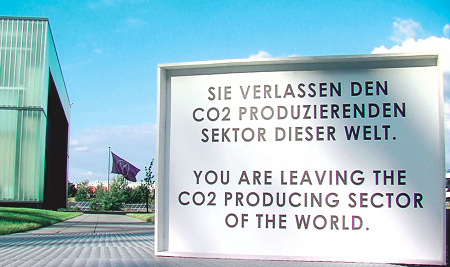 Terry at Saturday Salon has raised the issue of Treaurer Hockey’s decision to disallow the US company Archer Daniels Midland’s (ADM) A$3.4 billion 100% takeover bid for the Australian company GrainCorp. As Terry said, Judith Sloan went ballistic, Bernard Keane and Glenn Dyer were scathing at Crikey, as was Geoff Kitney at the AFR.
Terry at Saturday Salon has raised the issue of Treaurer Hockey’s decision to disallow the US company Archer Daniels Midland’s (ADM) A$3.4 billion 100% takeover bid for the Australian company GrainCorp. As Terry said, Judith Sloan went ballistic, Bernard Keane and Glenn Dyer were scathing at Crikey, as was Geoff Kitney at the AFR.
For a straightforward account of what happened, try Michelle Grattan at The Conversation. She does call GrainCorp an agri-giant, although it’s not a large company in Australian terms, may just rate as a ‘mid-cap’. In American terms it’s a tiddler. Nevertheless it would have been ADM’s biggest acquisition to date. ADM is worth about $US27 billion. Graincorp after the post-bid price fall in now worth about $A2 billion.
Must reads, I think are Laura Tingle’s article and Hockey’s statement.
There are at least three reasons why the bid was rejected.
First, there is a lack of competition in the eastern seaboard grain handling market. Graincorp owns 7 out of 10 terminals and handles some 85% of the grain. From Grattan:
“Many industry participants, particularly growers in eastern Australia, have expressed concern that the proposed acquisition could reduce competition and impede growers’ ability to access the grain storage, logistics and distribution network,” he [Hockey] said
Given the transition to a more competitive network was still emerging, “now is not the right time for a 100% foreign acquisition of this key Australian business.”
Secondly,
A “further significant consideration” was that the proposal had attracted a high level of concern from stakeholders and the broader community.
Allowing the bid to proceed “could risk undermining public support for the foreign investment regime and ongoing foreign investment more generally”.
Thirdly, and down-pedalled somewhat, there were issues about ADM’s motivation and longer-term priorities and its record of providing service in its home market, in other words, questions of character. The sweetener of $200 million for additional investment and promised price caps for handling fees was too late to be persuasive. In any case there was no guarantee that farmers would not pay in the long run. Continue reading Hockey’s Graincorp decision →




 These posts are intended to share information and ideas about climate change and hence act as a roundtable. Again, I do not want to spend time in comments rehashing whether human activity causes climate change.
These posts are intended to share information and ideas about climate change and hence act as a roundtable. Again, I do not want to spend time in comments rehashing whether human activity causes climate change.
 Terry at Saturday Salon
Terry at Saturday Salon